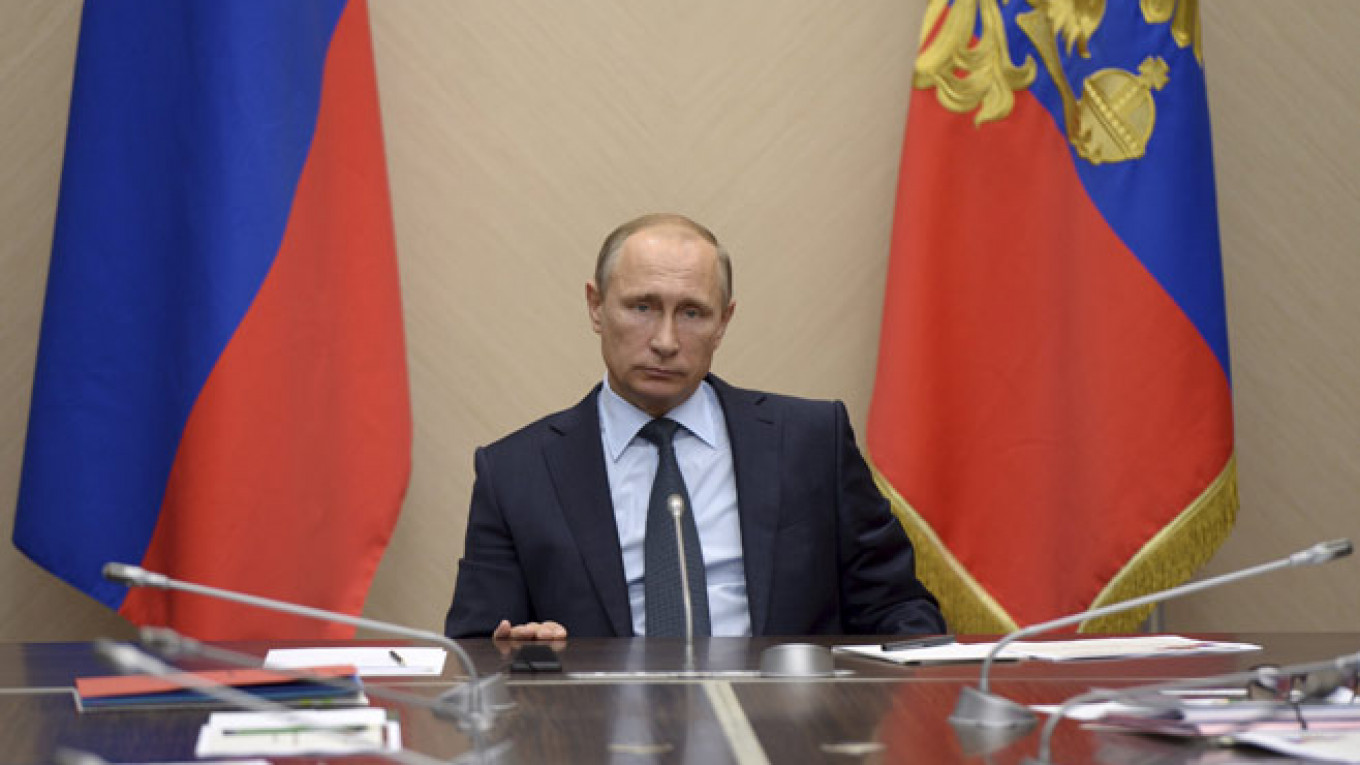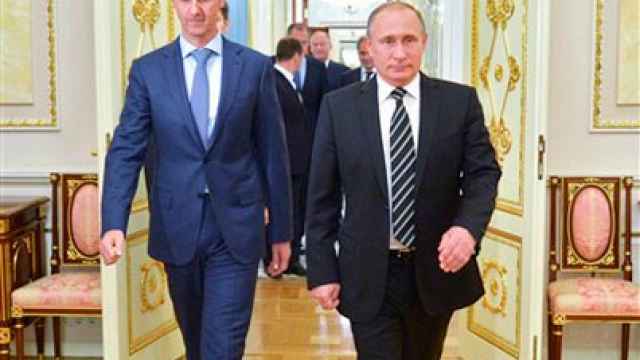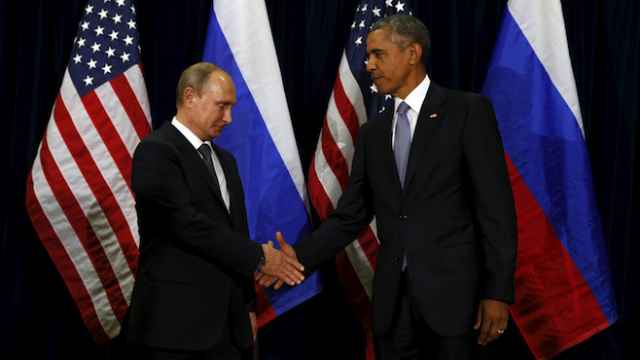Perhaps the best way to describe the results of Russia’s military intervention in Syria after President Vladimir Putin’s surprise announcement that he was winding it down after 167 days of intense air strikes would be to borrow a term from American football — “incomplete.”
Putin’s plunge into Syria’s fierce civil war was never about winning. The military capabilities that Russia deployed were clearly insufficient. Rather, it was about deploying military power to achieve limited political objectives which prior to that Moscow had unsuccessfully sought to secure through diplomacy.
One was to prevent defeat of an old ally by shoring up Syrian President Bashar Assad’s regime in his fight against foreign supported opposition and jihadi groups. Part of this objective was to block West-led military interference in Syria to create no-fly zones or humanitarian havens.
Russian intervention has indeed changed the trajectory of the war and allowed Assad to consolidate control over most of western Syria. It has weakened moderate opposition forces, ending their military momentum. But it has not produced a decisive victory for the regime. Putin helped Assad fight the war to a standstill and drag the parties to the negotiating table. The intervention reached the point of diminishing returns.
This situation is reversible and Assad’s position is not secure. Of course, Russia could quickly surge again were the partial cease-fire to collapse — it keeps sizable assets at two large bases, but it would be humiliating and costly.
If Putin had not secured an understanding with the opposition’s main backers Saudi Arabia and Qatar that their clients would respect the truce and negotiate in good faith, his entire strategy is based on hope. It is also unclear whether Assad will abide by Moscow’s demands that he negotiates a power-sharing arrangement with the opposition.
Putin has had more success with his second objective — to end Russia’s diplomatic isolation over Ukraine. Russia’s willingness to use military force where the United States was disinclined helped resurrect Russian-U.S. cooperation, as Moscow all of a sudden provided Washington with a strategy it was lacking. The U.S.-Russia partial cease-fire agreement for Syria perfectly reflects Moscow’s traditional vision for such settlements — the two superpowers dictating terms to their proxies. The strategic goal of the Syrian gambit, to revive the bipolar format of Russian-U.S. cooperation and rivalry for influence that existed during the Cold War, has almost been reached, as U.S. Secretary of State Kerry’s upcoming trip to Moscow attests.
Yet, this mission is incomplete. It is obvious that the Kremlin would like to make Syria a template not only for bilateral relations with the United States, but also to develop new rules of the game in a broader sense. As Foreign Minister Lavrov indicated in a television interview on March 13, Moscow would have preferred to settle the Donbass conflict bilaterally with the United States. It is not entirely far-fetched. Assistant Secretary of State Victoria Nuland and Putin’s aide Vladislav Surkov have discussed replacing separatist leaders with Ukrainian oligarchs Rinat Akhmetov and Yury Boiko — as acceptable both to Kiev and Moscow. The West, however, has not contemplated any Ukraine sanctions relief for Russia in recognition of Moscow’s role in Syria.
If Moscow’s dream of a “new bipolarity” with Washington were to gain any traction, the Kremlin would have to jettison its zero-sum approach and start showing some buy-in a shared agenda, jointly developing solutions as opposed to gaining leverage by making itself first part of the problem. A good way to start would be to finally turn Russia’s military sights on IS in Syria, and, perhaps, Iraq and Libya. Putin justified his Syria intervention by the need to defeat Islamic State — a terror group banned in Russia — and even called for an international coalition. Six months later, this task remains incomplete.
Vladimir Frolov is a political analyst.
A Message from The Moscow Times:
Dear readers,
We are facing unprecedented challenges. Russia's Prosecutor General's Office has designated The Moscow Times as an "undesirable" organization, criminalizing our work and putting our staff at risk of prosecution. This follows our earlier unjust labeling as a "foreign agent."
These actions are direct attempts to silence independent journalism in Russia. The authorities claim our work "discredits the decisions of the Russian leadership." We see things differently: we strive to provide accurate, unbiased reporting on Russia.
We, the journalists of The Moscow Times, refuse to be silenced. But to continue our work, we need your help.
Your support, no matter how small, makes a world of difference. If you can, please support us monthly starting from just $2. It's quick to set up, and every contribution makes a significant impact.
By supporting The Moscow Times, you're defending open, independent journalism in the face of repression. Thank you for standing with us.
Remind me later.








